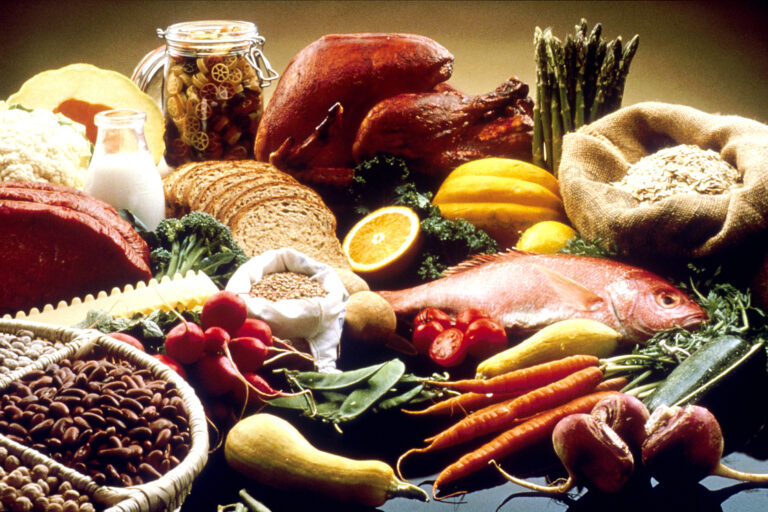The latest grocery market share figures show a two per cent increase during the 12 weeks to 21 April 2019 including £2.5 billion spent during the Easter week, according to Kantar.
Lidl saw a growth of 8.6 per cent, pushing its market share to 5.7 per cent. “Half of Lidl’s sales now come from the fresh and chilled aisles and its performance this period was fuelled by customers spending an extra £14 million on dairy items and £13 million on fruit, vegetables and salads,” said Kantar head of retail and consumer insight Fraser McKevitt.
“Aldi attracted an additional 823,000 shoppers through its doors to grow sales by 11.6% and increase its market share by 0.6% percentage points to 7.9%.”
Co-op and Ocado also gained market share. The Co-op moved to 6.1 per with a 4.5 per cent increase during the past 12 weeks and Ocado hit a market share of 1.3 per cent.
“Co-op has been able to capitalise on periods of warmer weather as people shop closer to home,” said McKevitt. “The convenience retailer continues to perform well when it comes to small shopping baskets, accounting for 17% of all trips where people spend less than £20.”
Tesco remains as the UK’s largest supermarket with over three quarters of British households visiting a Tesco store in the past 12 weeks. This is “over five million more than each of its two closest rivals,” said McKevitt. “Though sales were up 1.0%, growth was behind the market which meant a loss of share compared with last year to 27.3%.”
“Meanwhile, Sainsbury’s and Asda are continuing to battle it out for second place,” continued McKevitt. “Sainsbury’s has reclaimed second position despite a sales decline of 1.2%. The supermarket achieved double-digit growth online which coincides with the launch of its first mobile-only payment store in central London this week.”
Asda increased sales by 0.3 per cent to take market share of 15.2 per cent. “The average Asda shopping basket increased in value and shoppers visited more often. Asda remains strong in its northern heartland with the north of England and Scotland accounting for more than 40% of sales,” said McKevitt.
“Despite movement at the top of the table, the phrase ‘big four’ continues to hold meaning and Morrisons’ 10.3% market share means it sits comfortably ahead of the fifth largest retailer, Aldi. Alcohol sales were the biggest contributor to Morrisons’ 0.6% growth this period.”
Sales at Iceland rose by 1.4 per cent pushing to a market share of 2.1 per cent. And Waitrose saw a 0.7 per cent increase in sales but back by 0.1 percentage points to a market share of 5.0 per cent.







